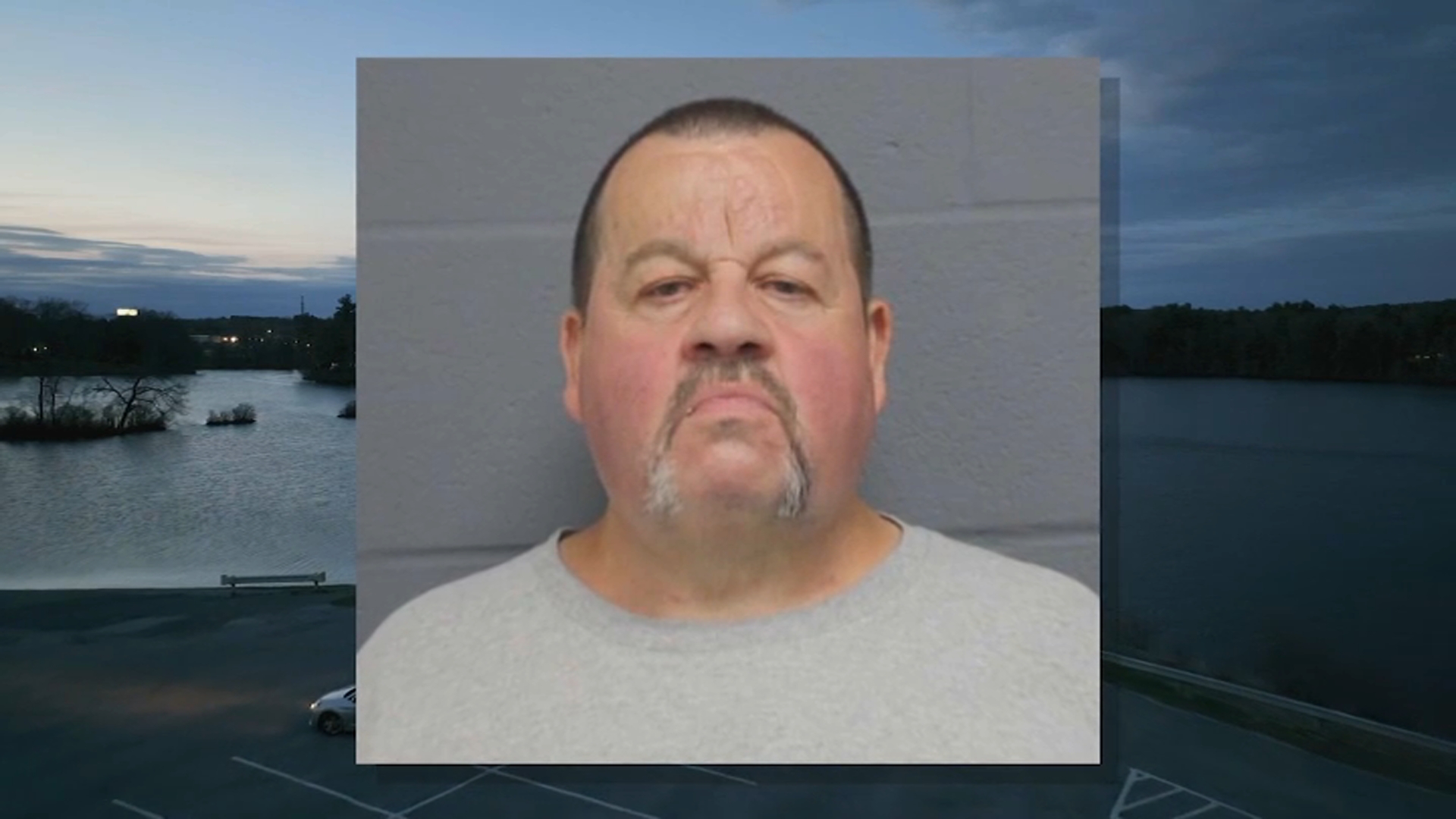For Lauren Nichols, the symptoms came along in mid-March.
"Every time I took a breath, I really felt like I had this dry, inflamed, cracked windpipe," she said. "It felt like I was going to spew fire out of my mouth."
The 32-year-old fell very ill very fast.
"Very quickly, it escalated to me having an elevated temperature," the Boston resident said.
She tested positive for COVID-19 and stayed put in her Back Bay apartment.
"I was in isolation for about four weeks in the bedroom," she said.
Local
In-depth news coverage of the Greater Boston Area.
Since then, she calls it a roller coaster of symptoms.
"There is severe stomach pain that I get," she said. "I'm having chronic, debilitating fatigue."
Wednesday was day 54.
"I would have thought by week two, I would have been better," Nichols said.
Now, she helps administer an online support group for coronavirus patients whose symptoms linger for weeks on end.
And while they may not need to be hospitalized, the illness takes a serious toll.
"Recovery simply means you didn't die," she said. "It doesn't mean you're healed."
Get Boston local news, weather forecasts, lifestyle and entertainment stories to your inbox. Sign up for NBC Boston’s newsletters.
Nichols is hoping to spread awareness that not every patient fits the same mold when it comes to recuperating.
"The two-to-three-week recovery period that has been shared with the general public is simply not accurate," she said.
Eight weeks after her first symptoms appeared, she is still having issues, including memory loss, tremors and night sweats.
"I'm concerned with my productivity at work, my long term health," she said. "No one can tell me if I'm going to have permanent damage from this."



